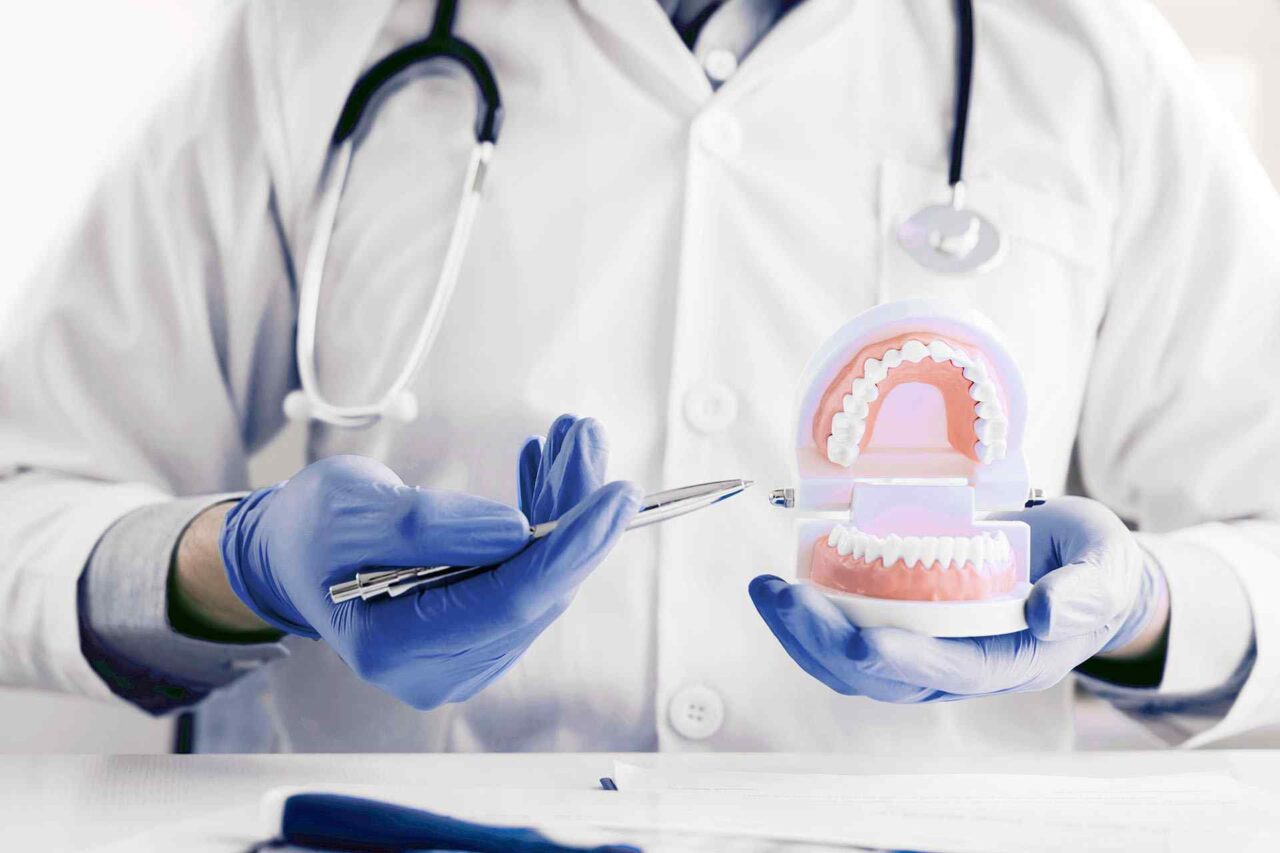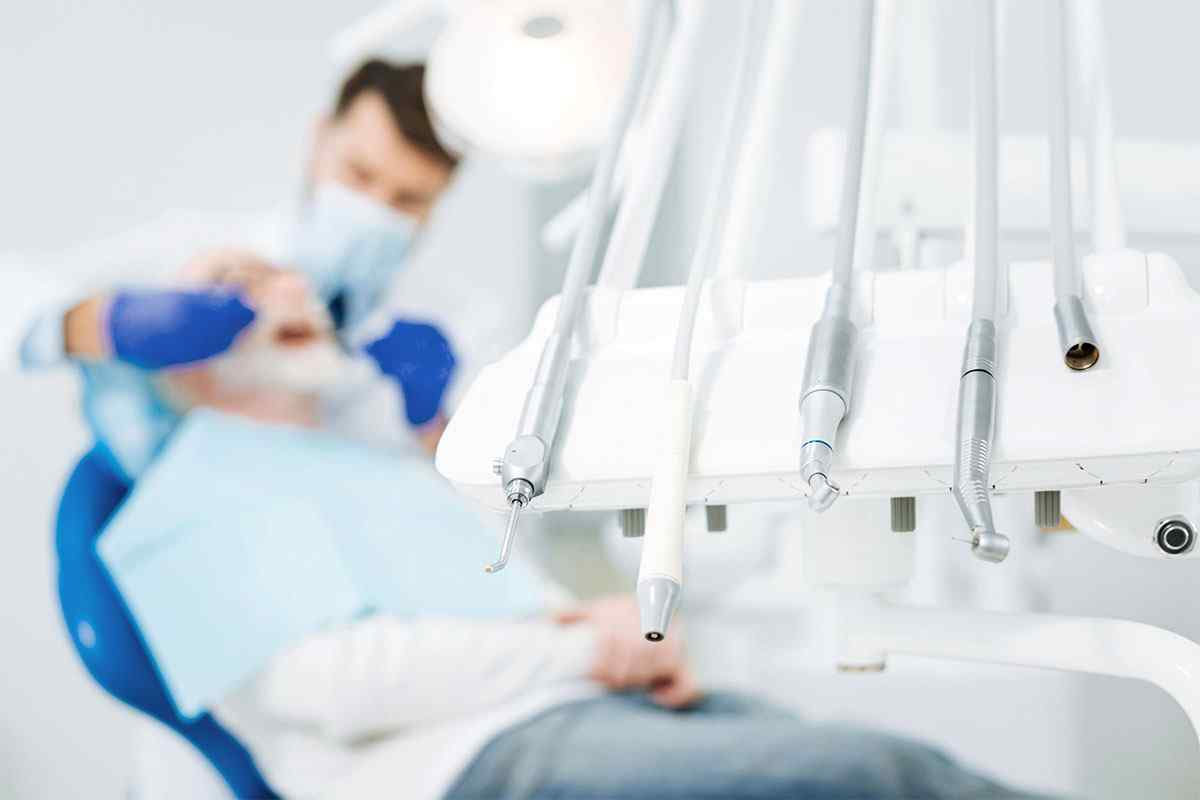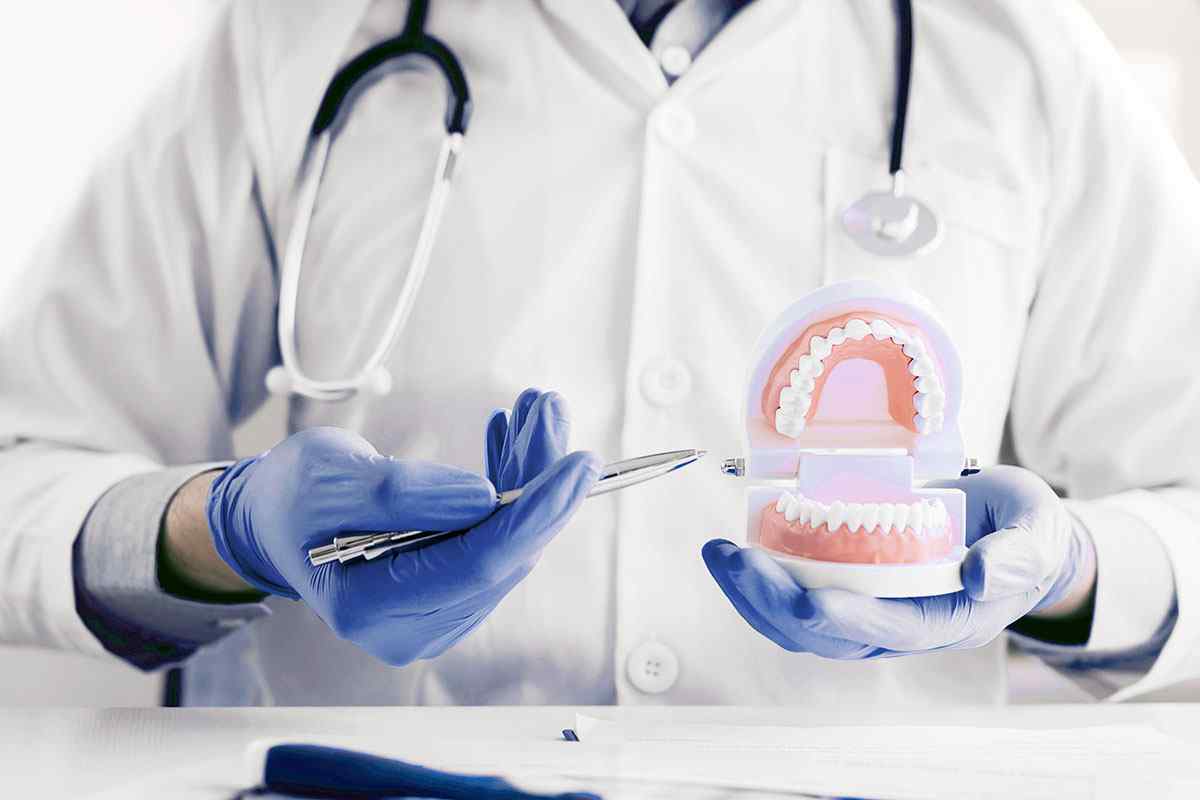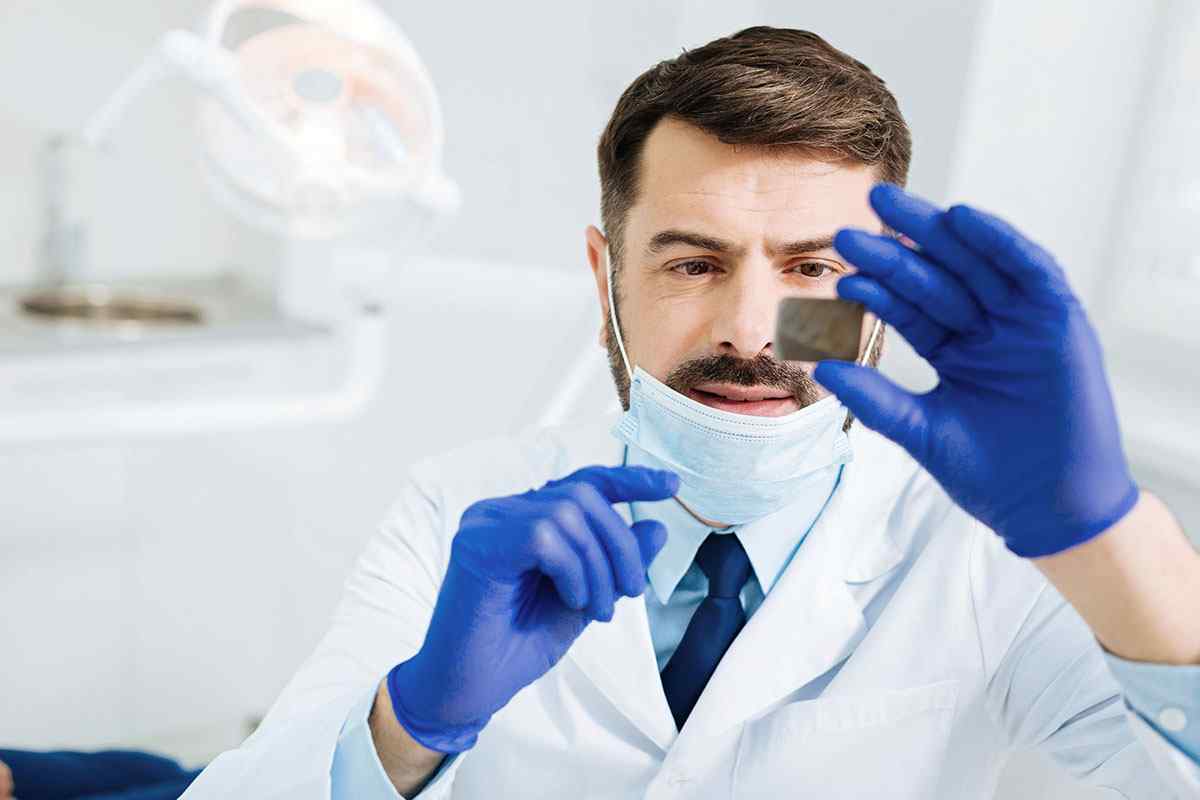Frequently Asked
Questions
We’ve gathered answers to some of the most common questions our patients ask. Whether you’re new to our clinic or have been with us for years, we want to ensure you have all the information you need for a healthy, confident smile.

Download Brochure
Learn more about our services, team, and what makes us unique by downloading our brochures. Get all the details you need to feel confident in choosing Smile Zenith for your dental care.
Visiting the dentist regularly will not only help keep your teeth and mouth healthy, but will also help keep the rest of your body healthy. Dental care is important because it:
- Helps prevent tooth decay
- Protects against periodontal (gum) disease, which can lead to tooth and bone loss
- Prevents bad breath – brushing, flossing, and seeing the dentist regularly will help reduce the amount of bacteria in your mouth that causes bad breath
- Gives you a more attractive smile and increases your self-confidence
- Helps keep teeth looking bright by preventing them from becoming stained by food, drinks, and tobacco
- Strengthens your teeth so that you can enjoy healthy, beautiful smiles for the rest of your life!
Your teeth may feel fine, but it’s still important to see the dentist regularly because problems can exist without you knowing. Your smile’s appearance is important, and your dentist can help keep your smile healthy and looking beautiful. With so many advances in dentistry, you no longer have to settle for stained, chipped, missing, or misshapen teeth. Today’s dentists offer many treatment choices that can help you smile with confidence, including:
- Professional teeth whitening
- Fillings that mimic the appearance of natural teeth
- Tooth replacement and full smile makeovers
Choosing a dentist who “clicks” with you and your family is important, and you may wish to consider several dentists before making your final decision. During your first visit, you should be able to determine whether the dentist is right for you. During your appointment, consider the following:
- Is the appointment schedule convenient?
- Is the office easy to get to and close by?
- Does the office appear to be clean and orderly?
- Was your medical and dental history recorded and placed in a permanent file?
- Does the dentist explain techniques for good oral health?
- Is information about cost presented to you before treatment is scheduled?
- Is your dentist a member of the ADA (American Dental Association)?
- Always remember to brush your teeth at least two times a day, and floss at least once!
- Make sure to use toothpaste that contains fluoride, and ask your dentist if you need a fluoride rinse. This will help prevent cavities.
- Avoid foods with a lot of sugar (sugar increases the amount of bacteria that grows in your mouth causing more plaque and possibly cavities) and avoid tobacco (this can stain your teeth, cause gum disease, and eventually lead to oral cancer).
- Don’t be afraid to brush your tongue! By brushing your tongue, you will remove food particles and reduce the amount of plaque-causing bacteria. Tongue brushing also helps keep your breath fresh.
- Be sure to schedule your routine checkup. It is recommended that you visit the dentist every six months.
The American Academy of Pediatric Dentistry (AAPD) recommends that children first see a dentist as early as six months of age and no later than one year of age. During this time, your child’s baby teeth will be coming in and your dentist can examine the health of your child’s first few teeth. After the first visit, be sure to schedule regular checkups every six months.
Your toothbrush will eventually wear out, especially if you are brushing your teeth twice a day for two to three minutes each time. Your dentist recommends that adults and children change their toothbrush every three months. If you are using an electric toothbrush, be sure to read the directions because you may not need to change toothbrush heads as frequently. Patients with gum disease are encouraged to change their toothbrush every four to six weeks to keep any bacteria from spreading. After brushing, rinse your toothbrush with hot water to kill germs and keep the bristles clean. If you’ve been sick, be sure to change your toothbrush as soon as possible.
According to your dentist and the American Dental Association, you should brush your teeth at least two times a day. Brushing keeps your teeth, gums, and mouth clean and healthy by removing bacteria-causing plaque. It is also recommended that you use a soft-bristled toothbrush and toothpaste that contains fluoride when you brush your teeth. You should spend at least a minute on the top teeth and a minute on the bottom teeth, and remember to brush your tongue; it will help keep your breath smelling fresh!
Also known as periodontal disease, gum disease is mostly caused by plaque and bacteria buildup that is not treated in its early stage. Other causes of periodontal disease include tobacco use, teeth grinding, some medications, and genetics. Gingivitis is the beginning stage of gum disease, and, if detected, is treatable. Gingivitis left untreated may turn into gum disease. Advanced gum disease will lead to tooth and bone loss, and is a permanent condition. Brushing your teeth regularly and visiting the dentist every six months will help prevent gingivitis and more severe cases of periodontal disease.




